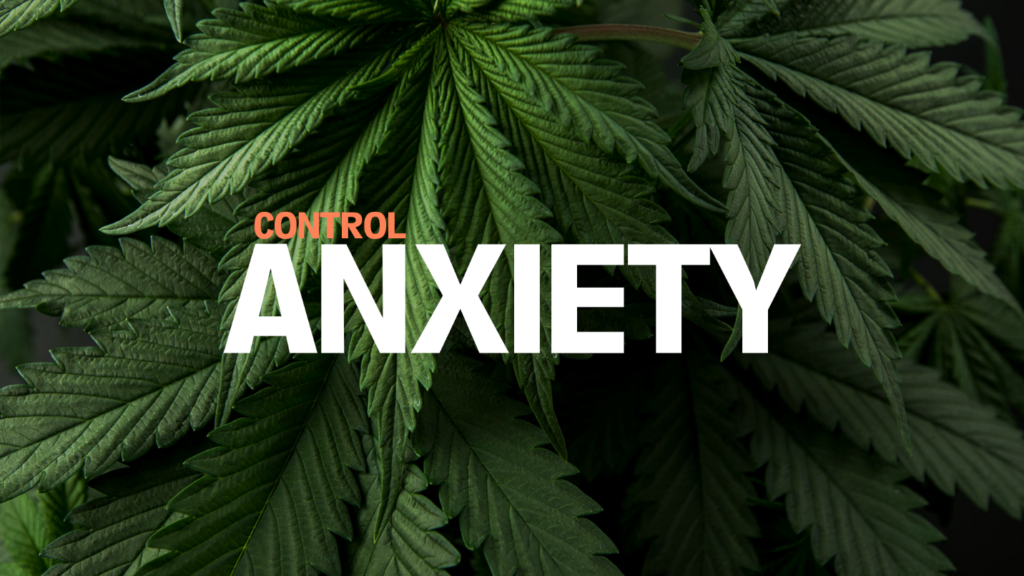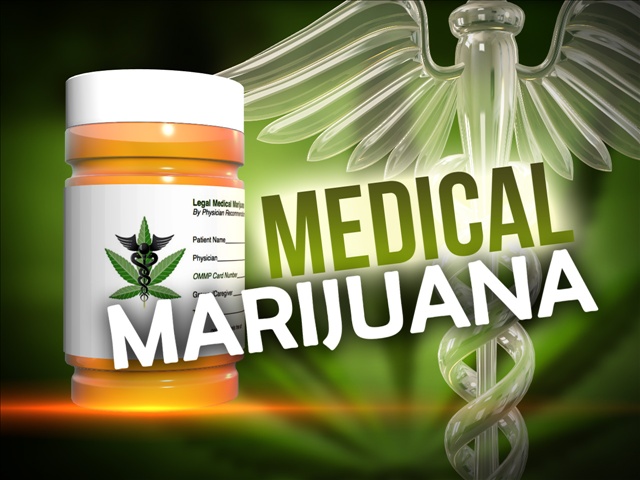Those of us who have been cannabis advocates for decades have long put forth that cannabis is a super-plant. Unofficially, we’ve been using it to treat pain, anxiety, sleep disorders, and mood disorders for a long time.
Because of the legal restrictions, it was hard to get science to back us up. Studying the effects of cannabis in a medical context was nearly impossible to prove without the ability to collect legal user experiences and organize legal studies.
But now that we’re seeing a roll-out of nationwide legalization, the studies are rolling in.
And every single one of them backs what we already knew from personal use and anecdotal evidence: Cannabis is a super-plant. The cannabis sativa plant that we grow for recreation and for hemp/CBD has a number of medical qualities that the wide population of legal users is embracing as a replacement for other, more high-risk medical substances – including prescription medications for pain, anxiety, and sleep disorders.
The Polls are In: Cannabis is a Medical Panacea!!
A recent study conducted in December of 2019 surveyed 1050 adults across a fairly even spread of age, education, and income levels. Among the respondents, only 22-27% said they used THC for recreational use. This means the majority of cannabis consumers are using the plant as a replacement for other medical prescriptions and treatments.
In contrast to the recreational users, an impressive 31-49% of people surveyed reported that they use THC or CBD to replace other medications. CBD is most often used to replace over-the-counter pain relief and is considered safer by the surveyed public as less likely to be abused than OTC painkillers. THC is more likely to be used for anxiety. Primarily, THC and CBD together are used for anxiety, pain disorders, and sleep disorders in that order.
Cannabis – A Leading Treatment for Anxiety

According to the survey study, 29-31% of all THC/CBD users report that they use it for anxiety and stress relief. In addition, among those who specifically replaced a previous medication with THC use, 29-35% have replaced an anti-anxiety medication.
This is interesting because THC/CBD has been approved primarily for replacing pain medications, but not as often prescribed for anxiety. However, within the cannabis community, we have known for a long time that a little hit from the peace pipe can help anxious people unwind and even reduce the symptoms of diagnosed panic disorders. We’re still waiting for more conclusive study results and approved medical uses for cannabis treating anxiety, but according to the toking population, anxiety is the number-one reason to use THC or CBD for personal medical purposes.
Cannabis for Pain Relief

When it comes to approved medical applications, cannabis is most used for pain relief. Specifically, the pain-treatment community has embraced CBD as a go-to solution to replacing pain relief drugs. Of the surveyed, 30-37% of CBD users do so to reduce pain. Of the population that has replaced medication in favor of cannabis, the line is split between those who have replaced an Over-the-Counter pain reliever and those who have replaced a prescribed opiate.
37-56% of medical-replacement CBD users have replaced an OTC pain reliever habit with regular use of CBD instead. It is seen as safer and less likely to cause internal harm than OTC pain relievers. Separately, 21-23% of medical-replacement CBD users have replaced the use of a prescription opioid. Cannabis is seen as less likely to be abused and less likely to be harmful in the long-term compared to both OTC and prescribed pain medications.
Cannabis as a Sleep Aid

According to the survey, the third leading use of cannabis as a self-administered medication is for sleep aid. Sleep aid is often tacked on as a rider for anxiety treatment, which makes sense. Many people with intense anxiety cannot sleep well, however, you don’t have to be anxious to have a sleep disorder.
Anecdotally, we know that cannabis can help you relax into sleep and that regular cannabis use can suppress the recurrence of dreams – pleasant and unpleasant alike. Those who suffer from sleep disorders often try cannabis, either CBD or THC, to help with their sleep. The two cannabinoid compounds have slightly different effects on sleep which can influence the user’s experience. However, the statistical use as a sleep-aid is significant enough that it makes it as #3 in the top three uses of cannabis for medical purposes in this recent survey study.
Less Risky Than Prescription Meds & Alcohol
The study also asked participants to rate the risk they perceived from often-compared or replaced substances. In a list ranging from Heroine to Tylenol, cannabis rated just above coffee in the perceived potential for abuse.
Here’s the list of substance perceived risk in order:
- Heroine
- Cocaine
- Meth
- Oxycodone
- Hydrocodone
- Alcohol
- Valium
- Xanax
- Cannabis
- THC
- CBD
- Hemp
- Coffee
- Advil
- Tylenol
The data shows that the population views cannabis as less risky to take than alcohol, Valium, and Xanax – but slightly more risky than coffee and name-brand OTC painkillers. It is considered much less risky than opioid pain medications like Oxycodone and Hydrocodone.
Embracing Cannabis as a Super-Plant for Medical Purposes

The truly incredible thing about this survey is that it turns the perceived use of cannabis products on its head. While the media may be upset about recreational use, we’ve found that less than 30% of surveyed users actually seek THC or CBD for recreation alone, while nearly 50% list medical use as their primary reason for seeking cannabis products. We’re assuming the remaining 20-ish percent of surveyed cannabis users enjoy a healthy balance of both recreational and medical use together.
Anxiety is the leading reason for personal cannabis use, followed by pain relief and sleep aid. In addition, we also know that cannabis has been found medically successful in treating less common conditions like epilepsy and eating disorders, though these were not the focus of our highlighted study.
It’s time for the community to embrace cannabis as the super-plant that it is – not just for fun but also for the many safe medical benefits that it offers. Cannabis is reducing medication costs along with the risks that go with prescription medicines like internal organ wear-and-tear and opioid addiction.



0 Comments